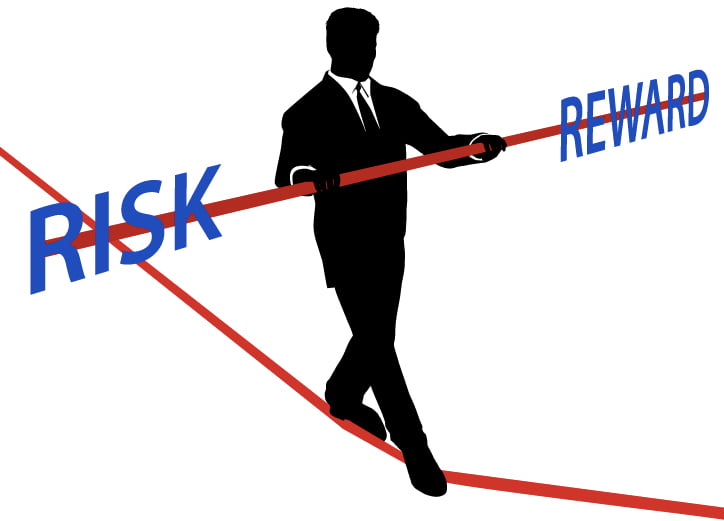 It's long been a criticism of investors in the equity markets, who trade in shares, that they are little more than gamblers who would be just at home in a dingy bookmaker's office as in London's great investment houses.
It's long been a criticism of investors in the equity markets, who trade in shares, that they are little more than gamblers who would be just at home in a dingy bookmaker's office as in London's great investment houses.
Many people invest in shares for the long term, spotting a company they believe in and sinking in funds that they believe will help it grow and leave them with a valuable nest-egg or even a legacy for their family.
A new type of betting
However, many do gamble, looking for extremely short term changes in price that can net them a quick buck. The difference between what they do and our friends in the bookies and the pubs is marginal, although the amounts they have to stake are usually larger by several magnitudes, and it's often not their money - they're gambling for their clients.
Spread betting has taken this theory of investment to a new level. Instead of actually buying a share, foreign currency, bond or even commodities like gold and oil, you gamble on where its price will move. You can spread bet on any of these financial instruments - and many more - and never own a single stake in a company, a dollar or a gold coin. And, you can make a fortune doing it.
Roots in sports gambling
Spread betting has its roots in American sports gambling and is a higher risk and potentially more lucrative way of chancing your arm than traditional British gambling.
Here, we pick an outcome, whether that be which horse will win a race or who will score the first goal in a football match. Then we decide on what we can afford to risk and hand that over as our stake - if we predict the outcome correctly, we win, if not the bookmaker keeps our stake. Odds are calculated based on the probability of each possible outcome - the more unlikely the win or the goal, the more you stand to win and the less likely you are to get your hands on it.
A sliding scale
Spread betting is a sliding scale of possibilities and your losses can multiply as quickly as your gains if you get it wrong. The spread is the range of possibilities the bookmaker allows themselves.
For example, a book maker will look at a particular football fixture, let's say Manchester United v Manchester City, and decide that Manchester City will score 2 goals, with a spread of 1 - so they win all bets in which City score 1, 2 or 3 goals. They publicise this, and spread betters are invited to make their guess, if you believe City will score 4 or more goals, you set your stake and ‘buy' - for every goal over 4 you will get your stake back, for every goal under 4 you will lose your stake.
Margin of error
The same principles apply to spread betting on shares. The spread betting company sets a value it believes a share will be at on a given day, with the margin of error, or spread. Your choice is to guess whether they are right. If you decide the share is going to be worth more, then you buy, choosing your stake which will be the amount you are paid for each point above the estimated share price if you get it right. If you are wrong, you will lose that amount for each point you are wrong.
It's possible with most spread betting firms to set a ‘stop loss' which will cancel the bet when your losses reach a certain level, and if you're a beginner, you should certainly do this.
High risk, high reward
Spread betting can be fun, and high risk, and promises very lucrative rewards if you have the skill and nerve to play the markets indirectly.
So get your American Express credit cards out and join the markets where the real high rollers are making their fortunes.
Margaret Ryan is a financial journalist and a writer and has worked for a number of publications.



![Tips for Investing Your Money [Infographic]](https://lerablog.org/wp-content/plugins/wp-thumbie/timthumb.php?src=http://lerablog.org/wp-content/uploads/2017/04/frferfrvfr3t.jpg&w=300&h=140&zc=1)



